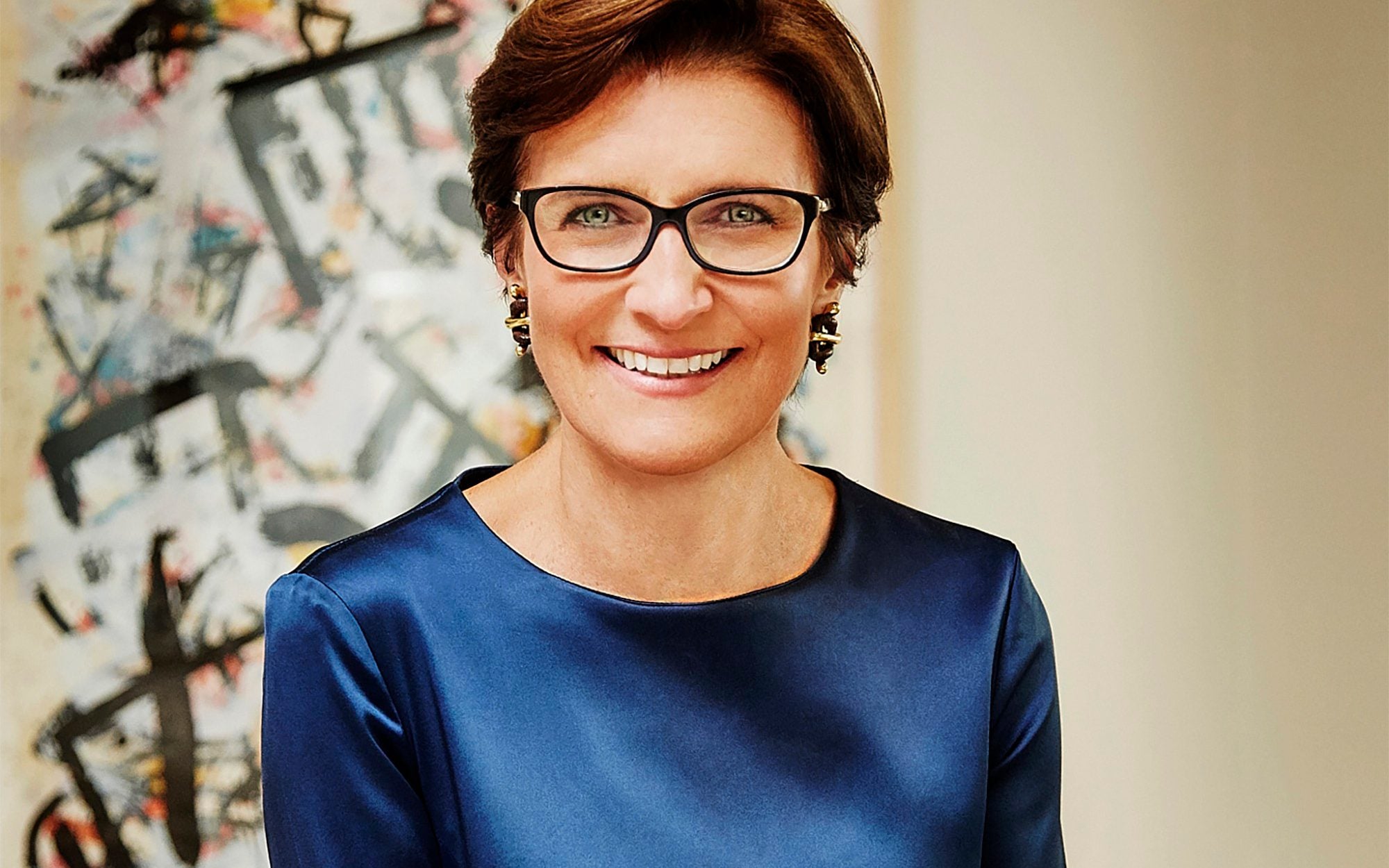Master of reorganization: Who is Citibank CEO Jane Fraser?
Jane Fraser, CEO of Citibank, the third largest bank in the USA, paid compensation of $650 million to lay off a total of 7 thousand people this year. However, according to Bloomberg, this time the bank decided to lay off around 300 senior managers, which means 10 percent of the executive staff will leave the company.

Again, according to a Bloomberg report last month, the bank wants to reduce the number of managerial positions, which consist of a total of 13 layers, to eight, so layoffs may continue. Fraser says that in this way, the bank will "get rid of an unnecessarily complex structure." The Financial Times called this situation "Fraser's strengthening of his control in the bank."
One day in Mexico
A biography of Fraser in the newspaper begins with another restructuring experience of the manager.
In 2021, when she was new to her position as CEO, she decided to turn Banamex, the Mexican bank owned by Citibank, into a separate unit. I called Ernesto Torres Cantú, the bank's manager, from New York, and asked, "Can I stop by your house in Mexico City?"
Jane Fraser (born 1967) is a British-American banking executive who is the chief executive officer (CEO) of Citigroup, a position she has held since March 2021. Educated at Girton College, Cambridge, and Harvard Business School, she worked at McKinsey & Company for 10 years, rising to partner prior to joining Citigroup in 2004. In 2019, she was named president of Citigroup and CEO of its consumer banking division.
Fraser, the first and still the only woman to run a Wall Street bank, wanted to break the news in person. “I know what this means to you, but this is what we have to do,” Fraser told Cantú. Cantú froze but eventually accepted the situation, and then they went for tequila. The process at Banamex is ongoing, but Cantú was appointed head of City International last September and is responsible for the bank's 100 regions outside the United States.
Husband quit his job
Fraser, who is 56 years old today, was born in St Andrews, Scotland. She studied economics at Cambridge. She started working as an assistant analyst in the mergers and acquisitions department at Goldman Sachs' London office and then started working as a consultant at McKinsey. Vik Malhotra, one of Fraser's bosses there, remembers that one day the manager of a Canadian bank where they were providing consultancy called him. The banker immediately interrupted Malhotra and politely told him that he preferred to work with Fraser, not him. “My ego was a little hurt, but I was also proud,” Malhotra said. “Her communication skills were unmatched,” he recalls.
Fraser moved to Citi in 2004. Shortly after the financial crisis, she took on one of the toughest jobs at the bank: transforming its home loan division, the source of much of the “toxic loans” that plagued Citi.
Citi, once “the largest financial supermarket in the United States,” nearly collapsed in the 2008 crisis. During this period, Fraser's husband, Cuban banker Alberto Piedra, left his job as a bank manager in Europe and took over the care of their two children. Fraser was climbing the steps quickly.
Overcame the mortgage crisis
When CitiMortgage happened in 2013, the US Federal Reserve (FED) raised interest rates for a short time, causing the demand for housing loans to hit rock bottom. Fraser immediately went on a country tour and personally delivered the news of the layoffs to bank employees. The following year she was forced to fix Banamex due to a major corruption crisis. “She walked in and stood in front of 100 of the bank's top executives in the region and spoke to them in fluent Spanish, blowing their minds,” said Michael Helfer, a former Citi vice president who accompanied Fraser. "She had studied her lesson, she knew what had to be done," he says.
There is currently no head in two important departments
Until recently, CEO Fraser had put customer relationships and winning employee trust ahead of any major strategic moves, colleagues said. She says that she aims to increase interaction with customers with today's reorganization plan. It eliminates much of the bank's geographically based management structure and splits the company structure into five business units, all of which will report directly to it. But she announced this plan without a permanent head of corporate and investment banking. One of the bank's top 10 investors said, "Morale is bad. “The CEO assumes direct control of businesses in which she has almost zero experience,” he says.
Raymond McGuire, a former Citi employee who now heads boutique investment bank Lazard, disagrees. He insists that Fraser's plan is exactly what Citi is going to need to compete with its rivals on Wall Street and elsewhere: "She's dealt some very bad cards, but he's playing the game well." It is wondered whether Fraser, who ranks 3rd on Fortune magazine's list of the World's 100 Most Powerful Women, will make Citi more competitive during the biggest restructuring process the bank has seen in the last 20 years.
